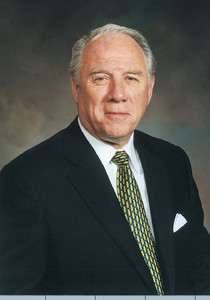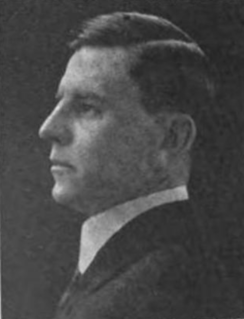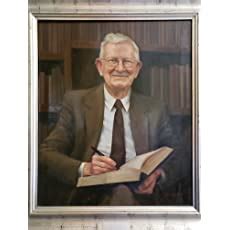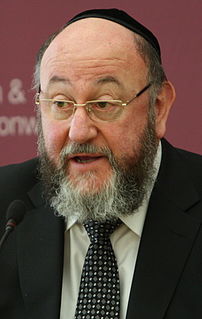A Quote by Joseph B. Wirthlin
There are many reasons our prayers may lack power. Sometimes they become routine. Our prayers become hollow when we say similar words in similar ways over and over so often that the words become more of a recitation than a communication.
Related Quotes
Why is it that sometimes our prayers seem not to be answered? This is a manifestation of the Buddha's wisdom, so that we can deepen our prayers, become stronger people, live more profound lives and secure deeper, more lasting good fortune. If our slightest prayer was answered immediately, we would become lazy and degenerate. And we could not hope to build a life of great dignity and substance.
Daily fervent prayers seeking forgiveness and special help and direction are essential to our lives and the nourishment of our testimonies. When we become hurried, repetitive, casual, or forgetful in our prayers, we tend to lose the closeness of the Spirit, which is so essential in the continual direction we need to successfully manage the challenges of our everyday lives. Family prayer every morning and night adds additional blessings and power to our individual prayers and to our testimonies.
Prayer assumes the sovereignty of God. If God is not sovereign, we have no assurance that He is able to answer our prayers. Our prayers would become nothing more than wishes. But while God's sovereignty, along with his wisdom and love, is the foundation of our trust in Him, prayer is the expression of that trust.
. . . the number of prayers we say may contribute to our happiness, but the number of prayers we answer may be of greater importance. Let us open our eyes and see the heavy hearts, notice the loneliness and despair; let us feel the silent prayers of others around us; and let us be an instrument in the hands of the Lord to answer those prayers.
Prayers prayed in the Spirit never die until they accomplish God's intended purpose. His answer may not be what we expected, or when we expected it, but God often provides much more abundantly than we could think or ask. He interprets our intent and either answers or stores up our prayers. Sincere prayers are never lost. Energy, time, love, and longing can be endowments that will never be wasted or go unrewarded.
The secret of our lost mode of prayer is to shift our perspective of life by feeling that the miracle has already happened and our prayers have been answered. Now we have the opportunity to bring this wisdom into our lives as prayers of gratitude for what already exists, rather than asking for our prayers to be answered.
Some people study a text very deeply. The people are my text. I study their words and what their words sound like, over and over again. When I was a kid, my grandfather said that "if you say a word often enough, it becomes you." Thinking of that later in life gave me this idea that I could try to become America by learning the words of people from many aspects of the country. It doesn't matter how educated they are. By living in the world and living their experiences, they bring extraordinary truths. I try to do those truths justice.
The Yogic sages say that all the pain of a human life is caused by words, as is all the joy. We create words to define our experience and those words bring attendant emotions that jerk us around like dogs on a leash. We get seduced by our own mantras (I'm a failure I'm lonely I'm a failure I'm lonely) and we become monuments to them. To stop talking for a while, then, is to attempt to strip away the power of words, to stop choking ourselves with words, to liberate ourselves from our suffocating mantras.



































